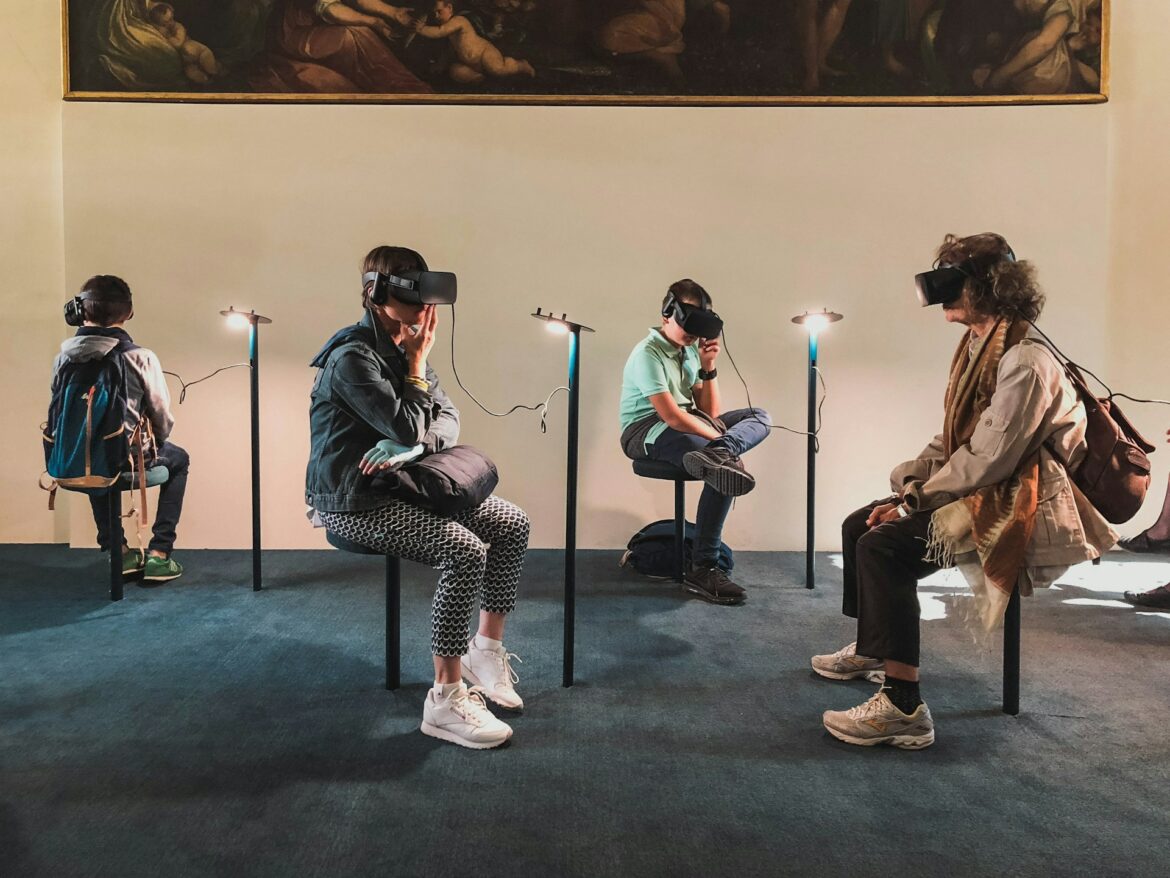In recent years, advancements in artificial intelligence have given rise to virtual friends or AI companions that serve as emotional support tools for millions worldwide. These digital entities are designed to simulate human-like conversations, offering companionship, understanding, and sometimes even therapeutic guidance. As mental health becomes an increasingly urgent global concern, AI companions are transforming the way people seek and receive support, bridging gaps in traditional mental health services and providing accessible, non-judgmental interaction at any time. This article explores how these virtual friends are reshaping mental health support, highlighting their potential benefits and the challenges they present.
The Rise of AI Companions and Their Impact on Mental Well-being
The development and deployment of AI companions have surged, partly driven by the ubiquity of smartphones and the growth of digital health initiatives. Companies like Woebot, Replika, and others have created virtual friends that can engage users in meaningful conversations, monitor emotional states, and even offer cognitive behavioral techniques. These AI tools are particularly appealing to those who feel stigmatized or reluctant to seek traditional therapy, providing a discreet and stigma-free way to address mental health concerns. The accessibility of AI companions means that support is available around the clock, offering comfort during moments of crisis or loneliness when human intervention may not be immediately accessible.
Beyond individual benefits, AI companions are also influencing broader mental health strategies. They can serve as supplementary tools within mental health care frameworks, helping to triage symptoms, encourage positive behaviors, and promote emotional resilience. Moreover, the data collected from interactions can inform personalized support strategies, allowing for more tailored approaches to mental health management. As AI technology becomes more sophisticated, its potential to augment traditional therapy with consistent, scalable, and affordable support is increasingly evident, making mental health care more inclusive and widespread.
However, the rise of AI companions also raises important questions about their impact on social behaviors and the human experience. Critics worry that reliance on virtual friends might diminish real-world social interactions or create dependency on digital platforms for emotional fulfillment. Additionally, ethical concerns regarding data privacy and the accuracy of emotionally sensitive information handled by AI systems need careful consideration. As their popularity grows, understanding both the positive and potential adverse effects of AI companions is crucial to integrating them responsibly into mental health support systems.
Exploring the Benefits and Challenges of Virtual Friends in Mental Health Care
One of the most significant advantages of AI companions is their ability to provide immediate, non-judgmental support to individuals in need. For many, these virtual friends offer a safe space to express feelings they might be hesitant to share with others, reducing feelings of loneliness and isolation. They can help track mood patterns over time, offering insights that encourage self-awareness and proactive mental health management. Furthermore, AI companions can deliver evidence-based therapeutic techniques, such as mindfulness exercises or cognitive restructuring, making mental health support more accessible and affordable for diverse populations.
Nevertheless, integrating AI companions into mental health care also presents notable challenges. While these virtual friends can be helpful for mild to moderate issues, they are not substitutes for professional therapy when complex mental health conditions are involved. There’s also the risk of users forming overly reliant or even emotional attachments to AI entities, which could potentially interfere with real-life relationships or lead to emotional dependency. As AI systems lack genuine empathy and understanding, they might sometimes provide responses that are inadequate or inappropriate, especially in crisis situations. This highlights the importance of clear boundaries and proper integration with human-led mental health services to ensure safety and effectiveness.
Ethical considerations are at the forefront of ongoing discussions around virtual friends. Data security, user privacy, and informed consent are critical issues, given the sensitive nature of mental health conversations. Developers and policymakers need to establish guidelines to protect user information and ensure that AI tools are used responsibly. Additionally, ongoing research is needed to evaluate the long-term impact of relying on virtual friends for emotional support, ensuring that these tools complement rather than replace essential human connections. As AI companions continue to evolve, striking a balance between technological innovation and ethical responsibility will be key to harnessing their full potential in mental health care.
AI companions are undeniably transforming mental health support by providing accessible, immediate, and personalized assistance to those in need. While they hold great promise in reducing stigma and bridging gaps in traditional care, it is essential to navigate the ethical and practical challenges carefully. As technology advances, fostering a balanced approach that combines AI tools with human empathy and professional guidance will be crucial to creating a more inclusive and effective mental health support landscape. Ultimately, virtual friends are shaping a future where mental health care can be more responsive, compassionate, and widely available for all.

